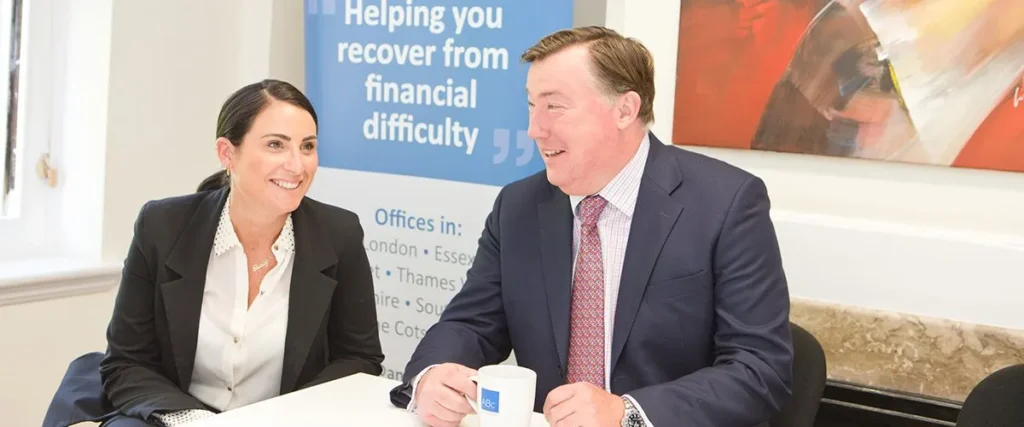A Compulsory Liquidation (or compulsory winding up) is made by an order made by the Court, usually on the back of a petition from a creditor, the Company itself or a shareholder. There are a number of possible reasons for making a winding-up order. The most common is because the Company is not able to pay its debts and therefore becomes insolvent.
Insolvency is usually established either by:
- Failure to comply with the obligations laid out in a statutory demand requiring payment within 21 days
- By execution against the company’s goods being returned unsatisfied
A winding-up petition may also be presented by the Secretary of State on the grounds of public interest.
Need help?
If your business is facing insolvency, the sooner you contact us, the more we can help.
What is the Official Receiver?
In a compulsory liquidation the function of a Liquidator is in most cases initially performed by an official called the Official Receiver. The Official Receiver is an officer of the Court and a member of the Insolvency Service, an executive agency within the Department for Business, Energy and Industrial Strategy.
In most Compulsory Liquidations, the Official Receiver becomes the Liquidator immediately on the making of the winding-up order at the court hearing.
The debtor company has little or no control of the process in a Compulsory Liquidation. However, if action is taken before the hearing date, even if the Company is insolvent (the earlier the better) the Company has the opportunity to prevent a Compulsory Liquidation taking place by instigating a Creditors’ Voluntary Liquidation.
What is the role of Licensed Insolvency Practitioners in a Compulsory Liquidation?
Where there are significant business assets, a Licensed Insolvency Practitioner (IP) will usually be appointed to act as Liquidator in the liquidating process in place of the Official Receiver. This happens either at a meeting of creditors convened for the purpose or directly by the Secretary of State, or at the request of a creditor. Where an IP is not appointed the Official Receiver remains as Liquidator.
Where a Compulsory Liquidation follows immediately on from an Administration, the court may appoint the former Administrator to act as Liquidator. In such cases the Official Receiver does not become Liquidator. An Administrator may also subsequently act as Liquidator in a CVL.

via Google Reviews


